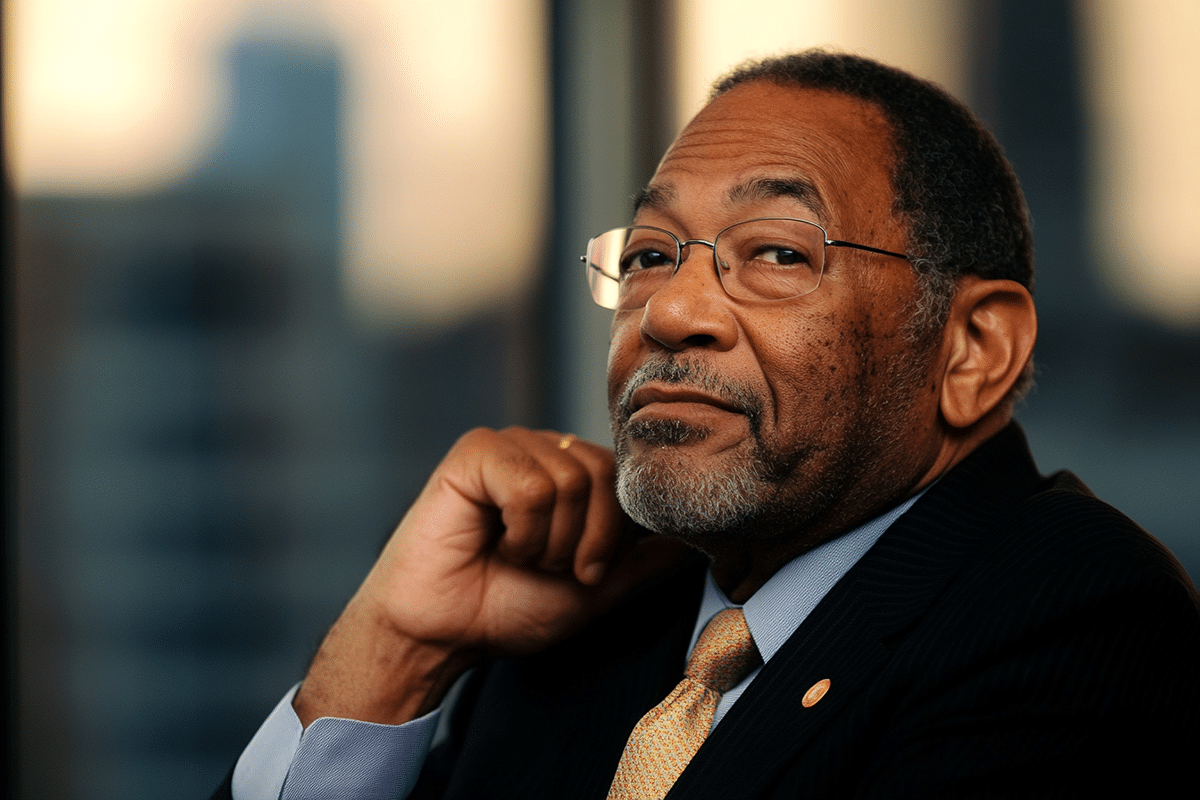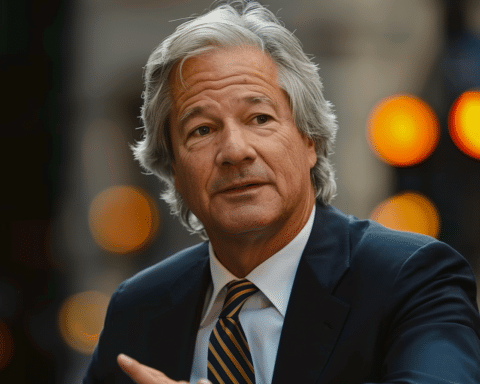Richard “Dick” Parsons, a towering figure in American business and a renowned problem-solver, has passed away at the age of 76. Widely respected for his ability to guide corporations through turbulent times, Parsons left an indelible mark on both the corporate world and public service.
Parsons was born in Brooklyn, New York, on April 4, 1948, and grew up in South Ozone Park, Queens, in a working-class family with four siblings. His father worked as an electrician, and his mother was a homemaker. A precocious student, he skipped two grade levels and entered the University of Hawaii at just 16, where he not only excelled academically but also played basketball. He later graduated at the top of his class from Albany Law School in 1971. During his time at university, he met Laura Ann Bush, whom he married in 1968.
Parsons began his career in law and politics, working as a lawyer for former New York Governor Nelson Rockefeller. His political acumen brought him to Washington, D.C., where he served as a White House aide under President Gerald Ford. Later, he would advise President Barack Obama and contribute to Michael Bloomberg’s mayoral transition team in New York City.
In the corporate realm, Parsons demonstrated an extraordinary ability to turn struggling organizations around. His first major success came as CEO of Dime Savings Bank of New York, where he led a significant restructuring. This set the stage for his later roles as CEO of Time Warner and chairman of Citigroup.
At Time Warner, Parsons inherited the fallout of a disastrous $165 billion merger with AOL. Under his leadership, the company cut its debt in half and restored financial stability, setting it on a path to sustained growth. He later played a pivotal role in steering Citigroup through the aftermath of the 2008 financial crisis, one of the most turbulent periods in banking history.
Parsons’ influence extended beyond corporate boardrooms. He served on the boards of Estee Lauder, the Museum of Modern Art, and Lazard, where his contributions were deeply valued. In 2014, his leadership skills were put to the test in the sports world when he was appointed interim CEO of the Los Angeles Clippers during a period of organizational upheaval.
Despite his many achievements, Parsons did not view race as a defining aspect of his success, focusing instead on his skills and leadership. Known for his calm demeanor and ability to find equitable solutions, he earned the admiration of peers and leaders across industries.
Parsons’ legacy is one of resilience, innovation, and strong leadership. His impact on American business and public service will be remembered as a lasting tribute to his exceptional career.





